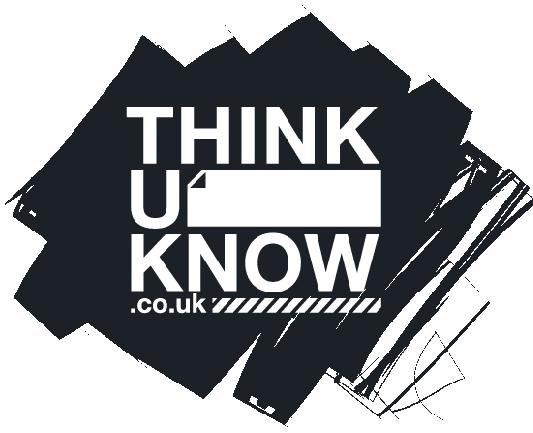These resources provide guidance for parents and carers to keep children safe online. They will, amongst other things, support you to talk to your child about a range of online safety issues, set up home filtering in a child friendly way and set up age appropriate parental controls on digital devices.

Created by National Crime Agency-CEOP (Child Exploitation and Online Protection) provides resources for parents and carers and children of all ages to help keep children safe online

There's no such thing as a perfect parent. One day all's calm, the next it's chaos. However it's going, we're here with advice and support for parents and carers.

Childnet has developed guidance for parents and carers to begin a conversation about online safety, as well as guidance on keeping under-fives safe online

Parent Info is a collaboration between Parent Zone and NCA-CEOP, providing support and guidance for parents and carers related to the digital world from leading experts and organisations

NSPCC has guidance for parents and carers to help keep children safe online
UK Safer Internet Centre provides tips and advice for parents and carers to keep children safe online – you can also report any harmful content found online through the UK Safer Internet Centre

If you are concerned call 999 or report it to the National Crime Agency-CEOP.
If your child has been a victim of child sexual abuse – online or offline – and you believe they are in immediate danger, you should call 999 and ask for the police. The police will continue to respond to emergency calls.
If you are concerned that your child has been a victim of online sexual abuse or you are worried about the way someone has been communicating with your child online, you can report it to National Crime Agency-CEOP (Child Exploitation and Online Protection).
These resources provide information and support for parents and carers on what to do if you’re worried about child sexual abuse:
If you are concerned that any family member, friend or loved one is being radicalised, you can call the police or 101 to get advice or make a Prevent referral, so that they can get safeguarding support. Support is tailored to the individual’s needs and works in a similar way to safeguarding processes designed to protect people from gangs, drug abuse and physical and sexual exploitation. Receiving support through Prevent is voluntary, confidential and not any form of criminal sanction. If you need further help, you can also contact your local authority safeguarding team.
Educate Against Hate Parents’ Hub provides resources and government advice for parents and carers on keeping young people safe from extremism, including online.
Let’s Talk About It provides support for parents and carers to keep children safe from online radicalisation.
Any member of the public can report terrorist content they find online through the GOV.UK referral tool. More information about what to report and what happens when you make a report can be found on the Action Counters Terrorism campaign.
If you are worried about your child sending nude images or videos (sometimes referred to as ‘youth-produced sexual imagery’or sexting), NSPCC provides advice to help you understand the risks and support your child.
If your child has shared nude images, Thinkuknow by National Crime Agency-CEOP provides advice on talking to your child and where to get help.
If you have downloaded new apps or bought new technology, remember to review and adjust privacy and safety settings if you or your child is signing up to a new online service.
Internet Matters has provided step-by-step guides on how to set up parental controls so that you can control what content your child can access online.
The UK Safer Internet Centre has developed guidance on how to switch on family-friendly filters to prevent age-inappropriate content being accessed on devices in your home.
The NSPCC provides more information for parents or carers with concerns about their child seeking inappropriate or explicit content online
The BBC have a website and app called Own It. The website has a lot of content for children to help them navigate their online lives, and the free smartphone app comes with a special keyboard which can intervene with help and support in the moments that children need it the most. It can be downloaded for free in the Google Play Store and Apple App Store.
SafeToNet is an app for parents to help them safeguard their children from online risks like cyberbullying and sexting, whilst respecting their child’s rights to privacy.
If you are concerned about cyberbullying, you can find government advice and information about how you can protect your child and tackle it if it happens.
If you are worried that someone you know is suicidal, including your child, Samaritans provides advice on how you can support others.
If your child is worried or needs support, they can receive advice and support from Childline (0800 1111) or download the ‘For Me’ app.